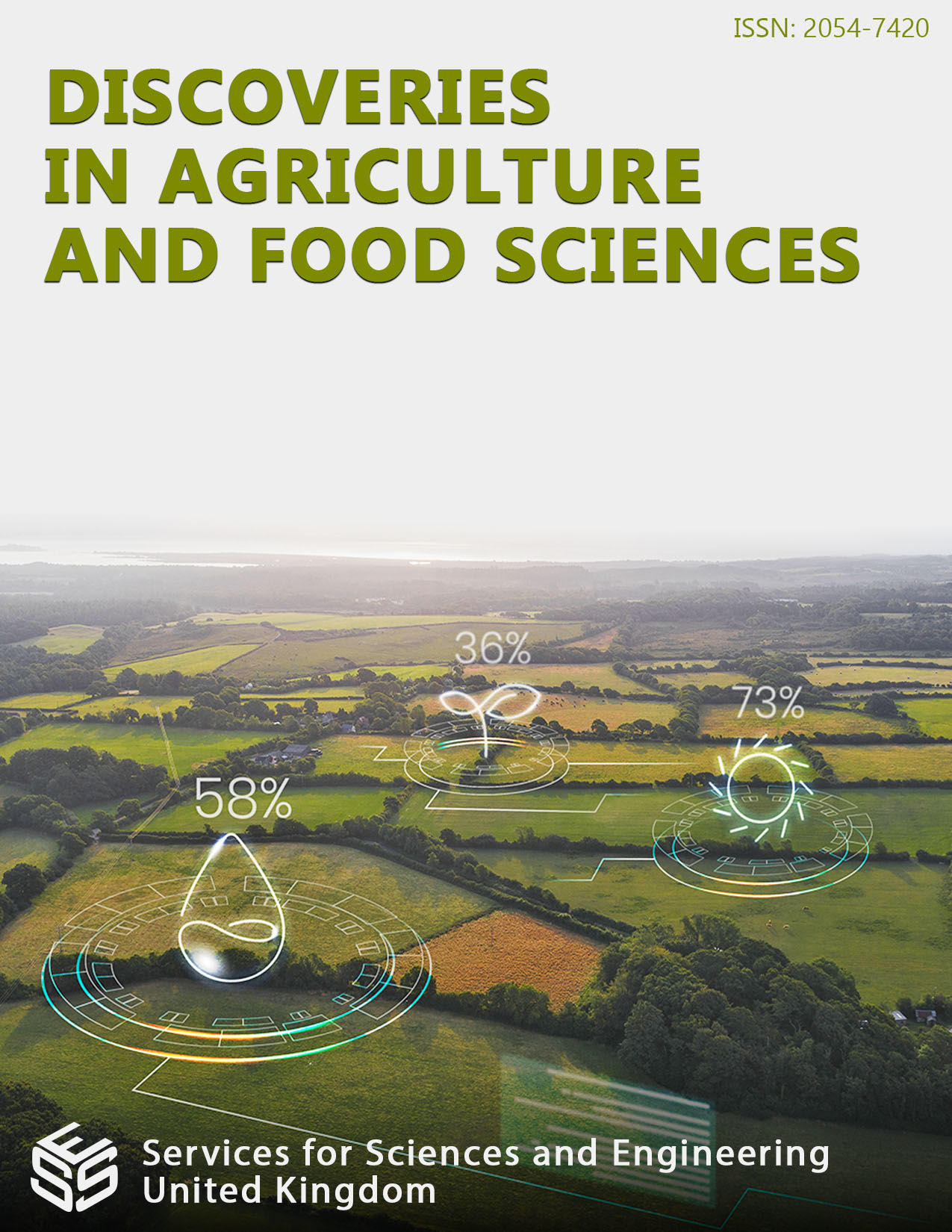Influence of Infrastructure on Urban Food Access
DOI:
https://doi.org/10.14738/tnc.115.15086Keywords:
Food Corridor, Transport, Food PriceAbstract
Globally, studies have attributed limited urban food access to infrastructural challenges that are critical in linking food surplus to food deficit areas like Cities. In the same breadth, trends by other studies show that in African Agricultural Growth Corridors and Kenya, urban dwellers who outsource 70% of their food lack access due to volatile and high food prices. Yet, the studies highlighted do not explicitly elucidate the relationship between infrastructure and urban food prices. The paper responds to this call by examining the influence of transport and its related costs within food transit corridors on Kisumu city’s food prices. Focus Group Discussions and surveys were employed in establishing the location of infrastructure, cost of infrastructure and subsequent food prices. Findings show that cost of transport influences selling price at a P-value = 0.03350254 derived from regression analysis. A measure of how much the change in selling prices is driven by the changes in transport cost is further confirmed by an R Square of 94%. Study concludes that the relationship between cost of transport and food price as established in the study is positive and linear, thereby spiking food prices. Study recommends identification of food corridors that are critical to urban food access for upgrading and provision of better transitions from bulky transportation to less bulky transportation to reduced costs and ultimate food prices for increased urban food access.
Downloads
Published
How to Cite
Issue
Section
License
Copyright (c) 2023 Loice Loo, George. G. Wagah, Noora-Lisa Aberman, Evans Mile

This work is licensed under a Creative Commons Attribution 4.0 International License.






